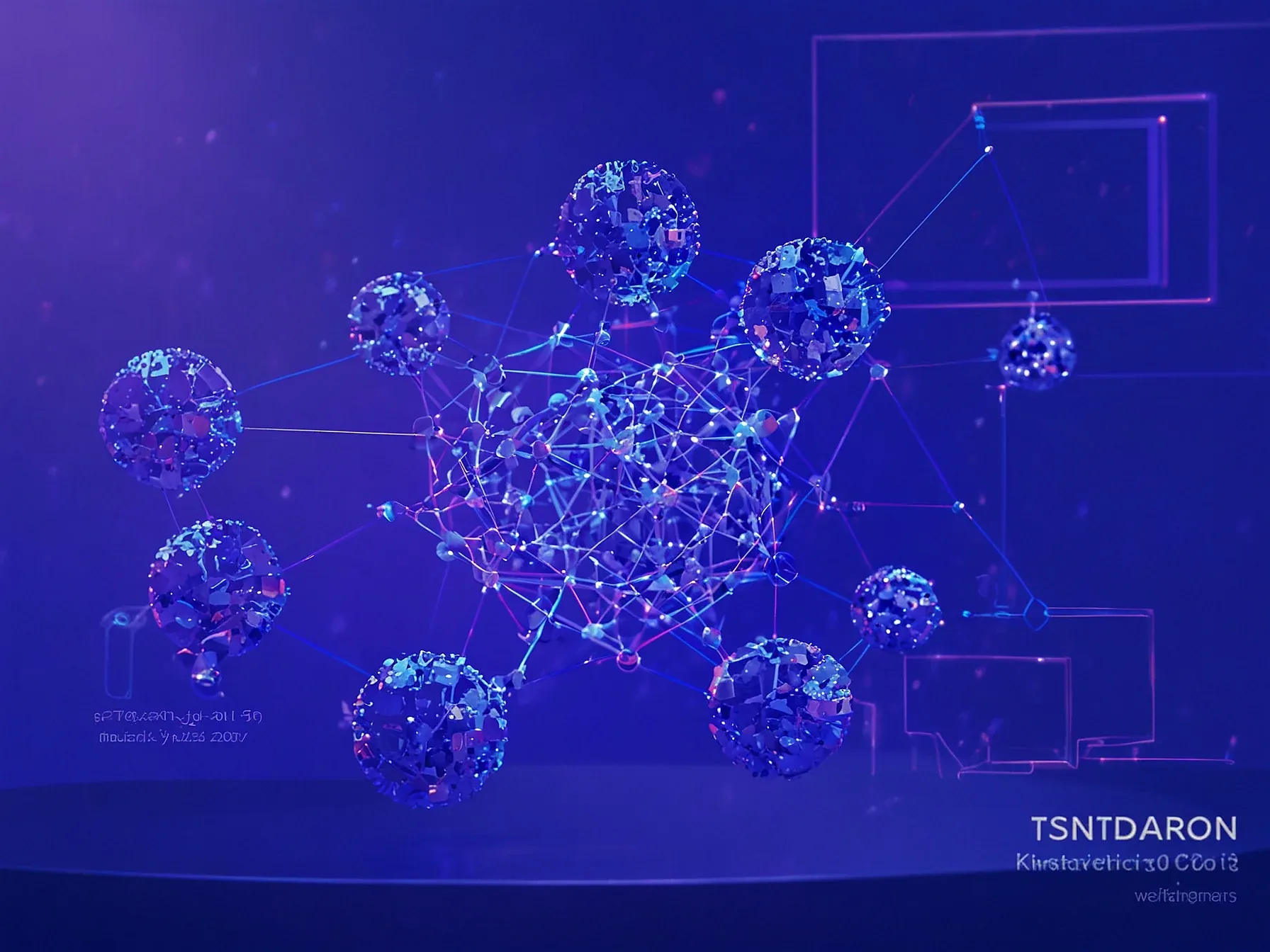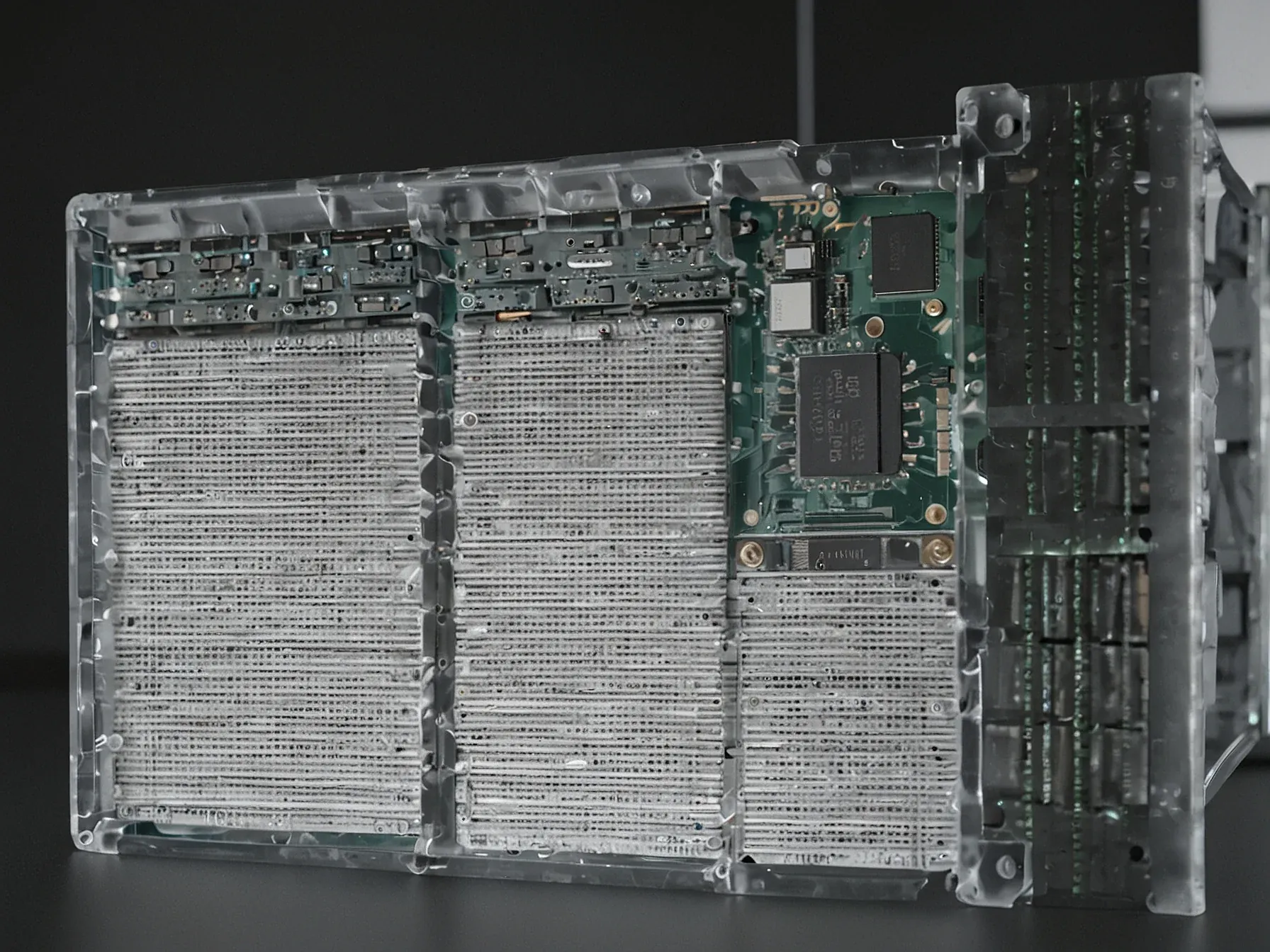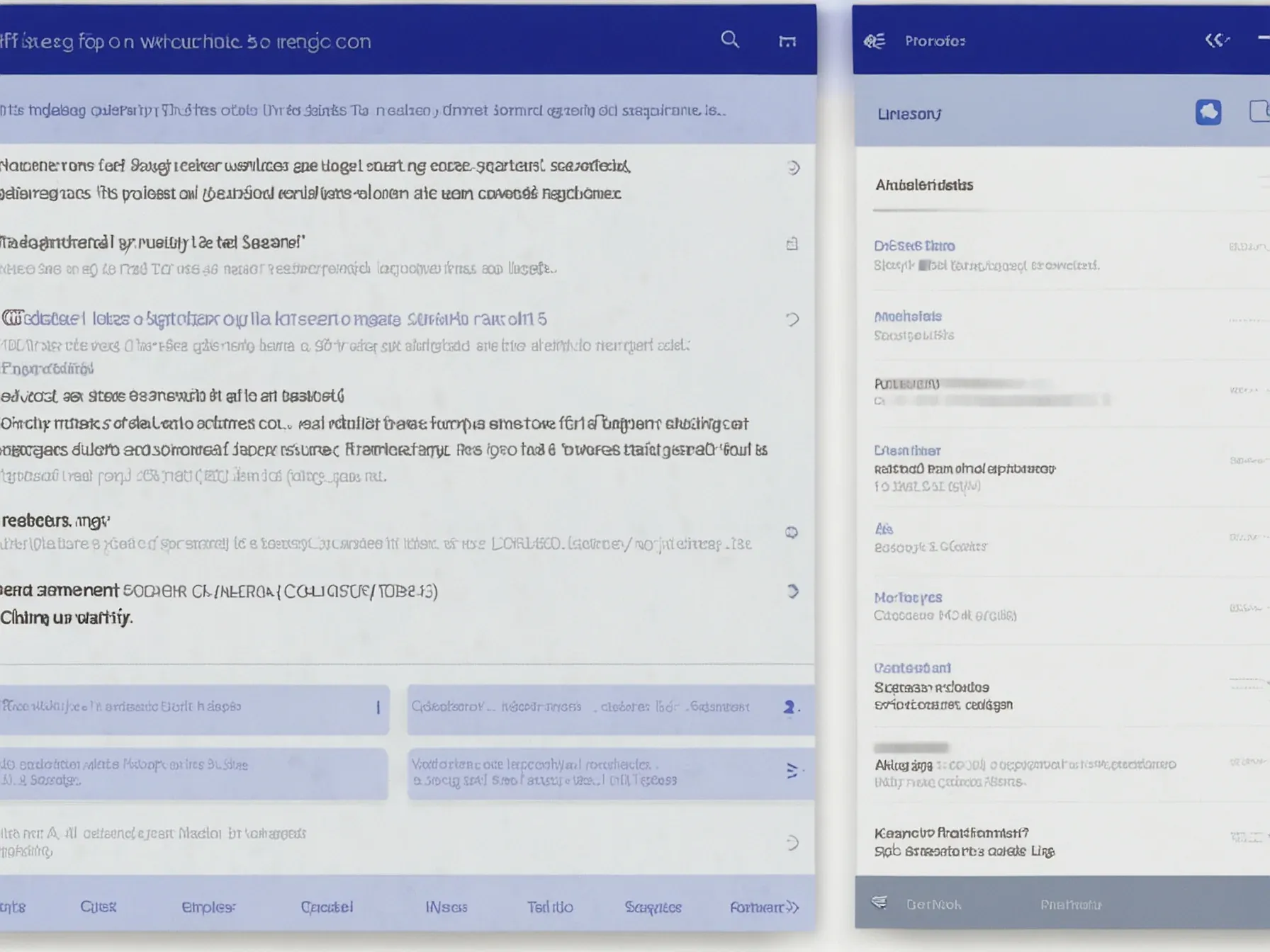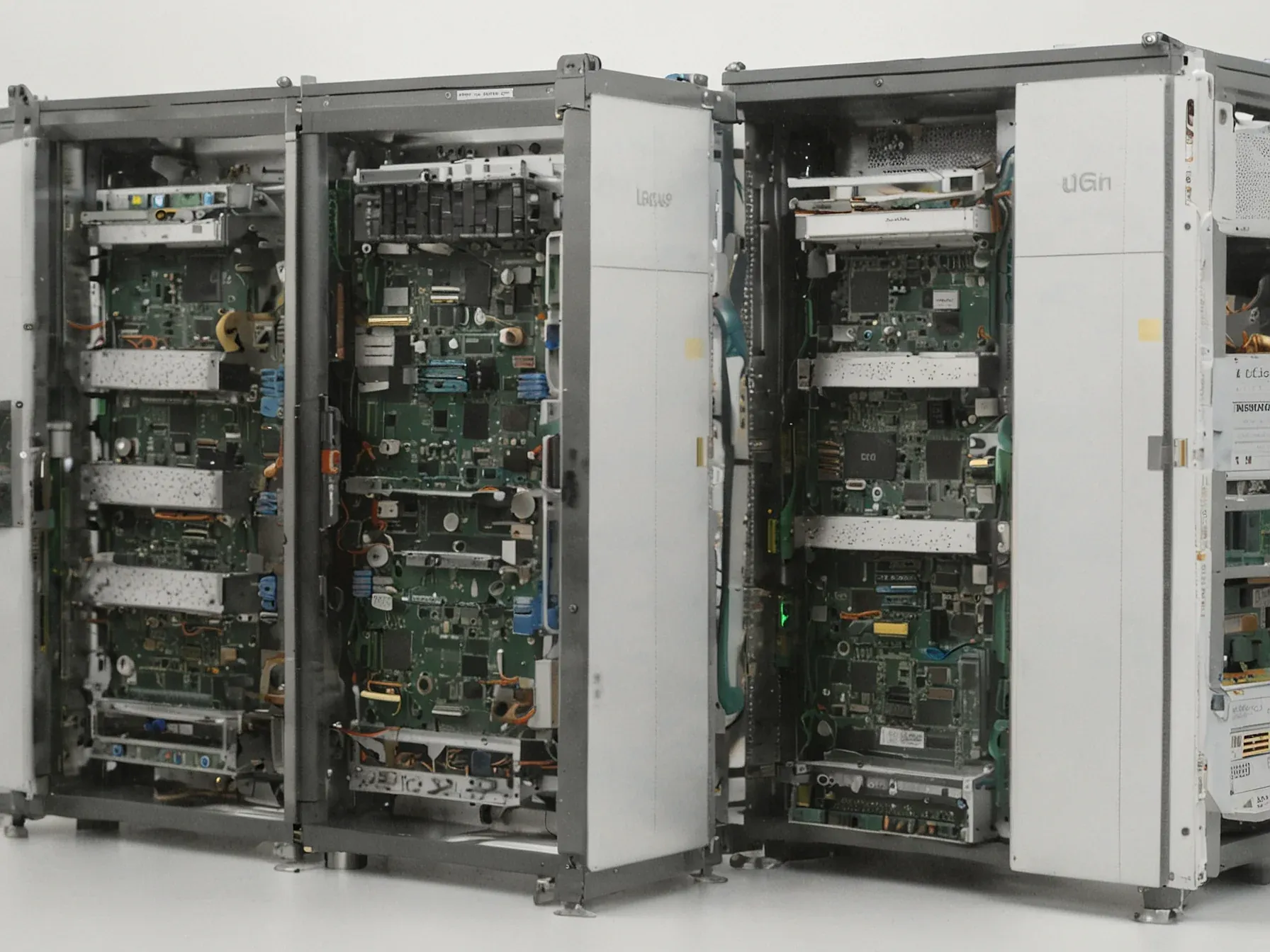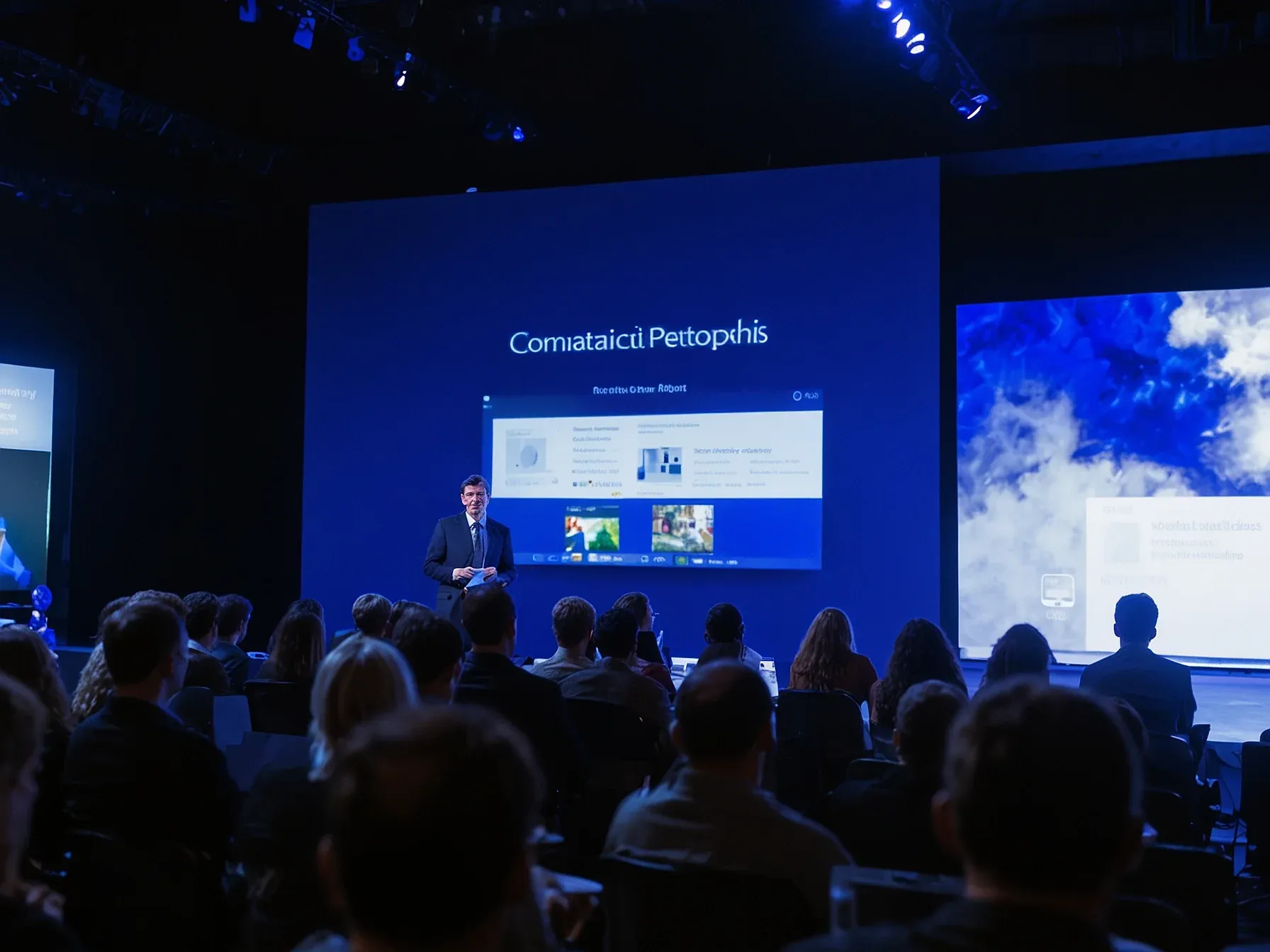
Editorial illustration for Cognizant Rolls Out Claude AI to 350,000 Employees in Enterprise Push
Cognizant Deploys Claude AI Across 350K Global Employees
Cognizant deploys Anthropic’s Claude to 350,000 staff, pushes enterprise AI
In a bold move signaling the accelerating enterprise AI race, Cognizant is integrating Anthropic's Claude AI across its entire workforce of 350,000 employees. The technology consulting giant is betting big on generative AI, transforming how its global teams approach complex business challenges.
This massive deployment represents more than a simple productivity upgrade. It's a strategic bet on AI's potential to fundamentally reshape how corporations operate and solve problems.
Cognizant isn't just adopting AI, it's positioning itself as a key architect of how businesses will integrate intelligent systems. The company sees Claude not as a standalone tool, but as a sophisticated platform that can be woven into existing technological infrastructures.
By rolling out Claude at such a massive scale, Cognizant is sending a clear signal to clients and competitors alike: artificial intelligence is no longer experimental, but a core business strategy. The move suggests a future where AI becomes as fundamental to work as computers or email.
"Enterprises are moving beyond simple productivity gains toward a more connected, agentic future," said Ravi Kumar S, CEO of Cognizant. "By pairing Anthropic's Claude models and agentic tooling with Cognizant's suite of platforms and industry expertise, we will help clients build the foundations of an agentified enterprise where intelligent systems collaborate with people to accelerate modernisation, engineering and industry transformation." Cognizant plans to use Claude and Claude Code with its Flowsource platform to accelerate software development, testing, documentation and DevOps workflows. The company will also combine its modernisation frameworks with Anthropic's code understanding capabilities to streamline analysis and refactoring across large legacy codebases.
The partnership will extend to developing domain-specific, multi-agent systems using Cognizant Neuro AI Multi-Agent Orchestration and Anthropic's Agent SDK. These systems will operate with human oversight and explicit policy controls to ensure responsible deployment. The companies will also work on embedding agentic workflows into regulated industries, starting with financial services, and on advancing practices for safe and standards-aligned AI operations through open frameworks such as MCP.
"The combination of frontier AI with deep domain expertise and implementation capabilities is what makes this partnership so exciting and will absolutely accelerate AI in the enterprise," said Paul Smith, chief commercial officer at Anthropic. "Companies require trusted AI that combines cutting-edge performance with safety and reliability, which is why hundreds of thousands of businesses trust Claude. We're demonstrating this at scale by rolling out Claude to up to 3.5 lakh Cognizant employees and helping our joint clients do the same." Cognizant said it will engage clients through workshops and platform integrations using Claude to identify high-value AI use cases, accelerate pilot-to-production transitions, and measure outcomes across industries.
Cognizant's massive AI rollout signals a bold strategic bet on enterprise transformation. The company is positioning Claude as more than just another productivity tool - it's a potential collaborative intelligence platform touching all 350,000 employees.
Ravi Kumar S's vision suggests we're witnessing a fundamental shift in how companies integrate AI. By embedding Claude across their workforce, Cognizant isn't just experimenting - they're building what they call an "agentified enterprise" where intelligent systems work alongside human teams.
The deployment hints at deeper ambitions beyond basic task automation. Cognizant seems focused on using Claude's capabilities to accelerate modernization and industry-specific engineering challenges. Their approach appears deliberate: pairing advanced AI models with deep industry expertise.
Still, questions remain about how employees will actually adopt and integrate these tools. While the strategic vision sounds compelling, the real test will be practical buildation across such a large organization.
Cognizant is making a significant, company-wide commitment to AI integration. Their move suggests enterprise AI is rapidly shifting from experimental to mission-critical.
Further Reading
- Allianz partners with Anthropic to accelerate AI adoption - CIO Dive
- Anthropic Scales Enterprise Adoption, Nears Profitability - VAR India
- The State of AI: 2025 Year in Review - StepMark AI
- 9 IT resolutions for 2026 - CIO.com
Common Questions Answered
How many employees will Cognizant deploy Claude AI to across their organization?
Cognizant is rolling out Claude AI to its entire workforce of 350,000 employees, representing a massive enterprise-wide AI integration. This deployment goes beyond simple productivity tools and aims to fundamentally transform how the company approaches complex business challenges.
What is Cognizant's strategic vision for implementing Claude AI?
According to CEO Ravi Kumar S, Cognizant is moving toward an 'agentified enterprise' where intelligent systems collaborate with human employees to accelerate modernization and industry transformation. The company sees Claude AI as more than a productivity tool, but as a collaborative intelligence platform that can reshape corporate operations.
What specific Claude AI models is Cognizant planning to use?
Cognizant plans to use both Claude and Claude Code models across their organization, integrating Anthropic's AI technology with their existing platforms and industry expertise. This approach aims to build foundational intelligent systems that can work alongside human employees.
